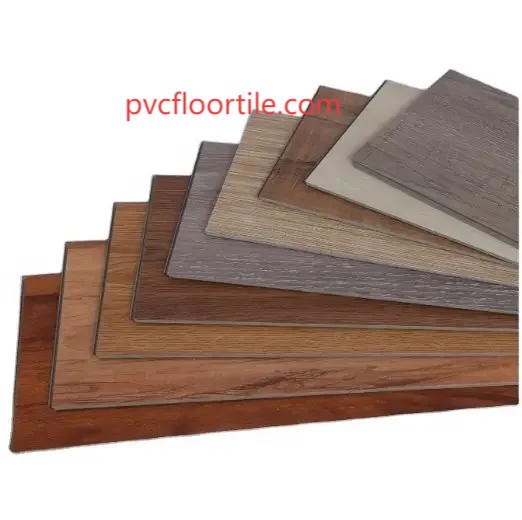Amidst globalized homogenization, SPC Flooring Manufacturer facilities stand as bastions of place-based industrial innovation. These production hubs transform county-specific geological and agricultural resources into high-performance flooring, creating self-sustaining economic ecosystems. By integrating limestone from disused quarries with recycled community plastics, SPC Flooring Manufacturer operations circumvent traditional supply chain vulnerabilities, anchoring wealth generation within rural landscapes. From solar-powered warehouses on reclaimed farmland to geothermal-heated workshops in post-industrial towns, they reimagine manufacturing as a catalyst for geographic equity and ecological stewardship.
The production philosophy blends ancestral wisdom with circular economy principles. Traditional stone-cutting techniques inform automated mineral processing, while folk knowledge of natural adhesives inspires biodegradable binding agents. Energy systems draw from regional assets—wind patterns documented through generations of agricultural practice optimize factory ventilation, and abandoned mine shafts become geothermal reservoirs heating hydraulic presses. This localized ingenuity positions SPC Flooring Manufacturer hubs as cultural archivists, digitizing vanishing architectural motifs into embossing patterns that immortalize regional heritage in every tile.
Social empowerment unfolds through unconventional collaborations. Indigenous elders consult on pigment extraction from native plants, creating fade-resistant dyes that double as natural antimicrobial coatings. Former migrant workers operate AI-assisted quality control systems, their intimate knowledge of materials enhancing machine learning algorithms. Schools repurpose production scraps into STEM kits, teaching geometry through the prism of industrial design while fostering pride in local manufacturing.
Global markets validate this model. Export lines feature mineral composites unique to specific counties, appealing to architects seeking biophilic materials with inherent humidity regulation. Museums commission tiles incorporating soil from archaeological sites, while climate adaptation projects utilize non-slip variants made with volcanic ash from disaster-prone regions—proof that rural innovation can yield solutions for planetary challenges.
click https://www.pvcfloortile.com/news/the-spc-flooring-factory.html to reading more information
